What is consciousness? It's the age-old question that scientists, philosophers, and thinkers have been grappling with for centuries. Despite centuries of study and exploration, the answer remains elusive, and the mystery of consciousness remains one of the most puzzling enigmas of the human mind.
At its core, consciousness refers to our subjective experience of the world around us, our thoughts, and our emotions. It's the feeling of being alive, of existing, and of experiencing the world in a unique way that's specific to each individual. While we might assume that consciousness is intimately tied to the brain, we have yet to fully understand how it arises, and why it exists in the first place.
One of the fundamental difficulties of understanding consciousness is that it's an entirely subjective experience. Each person's consciousness is unique, and it's challenging to objectively measure or define. Moreover, consciousness is closely related to our perception of reality, which can be further complicated by the fact that our perceptions are heavily influenced by our beliefs, our experiences, and our cultural backgrounds.
Despite these challenges, there have been numerous attempts to define and study consciousness over the years. Philosophers like Descartes argued that consciousness is something entirely distinct from the physical body, while more recent thinkers like Chalmers have proposed the idea of "philosophical zombies," beings who exhibit all the behaviors of a conscious being but lack subjective experience.
Other thought experiments, such as the case of Mary the color scientist, further illustrate the complexity of consciousness. In this scenario, Mary has spent her entire life studying color perception, but has never actually experienced it herself. When she finally sees colors for the first time, does she learn something new? Or was all the knowledge she had gained from studying the physical processes in the brain sufficient to understand what she was seeing? The answer is far from clear, and further complicates our understanding of consciousness.
As we continue to delve deeper into the mysteries of the mind, it's becoming increasingly clear that consciousness is far more complex than we might have initially imagined. Studies have shown that different areas of the brain are active during different states of consciousness, such as sleep or meditation. However, these findings are still a long way from explaining why we have a subjective experience of the world in the first place.
One thing that's clear is that the study of consciousness is becoming increasingly interdisciplinary. Philosophers, neuroscientists, psychologists, and even computer scientists are all working together to try to unravel the mysteries of the mind. Advances in technology, such as fMRI and EEG, are also helping us to better understand the neural correlates of consciousness, and to map out the complex networks of brain activity that underlie it.
As we continue to explore the mysteries of consciousness, another fascinating aspect to consider is the idea of the divine within us. Many spiritual traditions believe that there is a higher power or divine force within each individual, and that tapping into this force can lead to a deeper understanding of the self and the world around us. This concept of the divine within us can be seen as another insight into the power of human consciousness. Just as consciousness allows us to experience the world and make sense of our surroundings, the divine within us may provide a greater sense of purpose and connection to something greater than ourselves. Whether one believes in a specific religion or not, the idea of the divine within us highlights the profound potential of human consciousness to transcend the limits of our physical bodies and connect us to something beyond the material world. Ultimately, the study of consciousness is an ongoing journey towards understanding the complexities of the mind and the infinite possibilities that lie within us.
"And [mention] when your Lord said to the angels, "Indeed, I am going to create a human being from clay. So when I have proportioned him and breathed into him of My [created] soul, then fall down to him in prostration." So the angels prostrated - all of them entirely," (Quran 38:71-72)
وَإِذْ قَالَ رَبُّكَ لِلْمَلَائِكَةِ إِنِّي خَالِقٌ بَشَرًا مِّن صَلْصَالٍ مِّنْ حَمَإٍ مَّسْنُونٍ (28) فَإِذَا سَوَّيْتُهُ وَنَفَخْتُ فِيهِ مِن رُّوحِي فَقَعُوا لَهُ سَاجِدِينَ (29) فَسَجَدَ الْمَلَائِكَةُ كُلُّهُمْ أَجْمَعُونَ
سورة الحجر الأية 29 و 30
Ultimately, the search for a comprehensive understanding of consciousness is ongoing. While we may never fully understand what it means to be conscious, our continued exploration of this complex phenomenon will undoubtedly lead to new insights, new perspectives, and a deeper understanding of what it means to be human. In the meantime, the mystery of consciousness remains one of the most fascinating and elusive topics in the study of the mind.
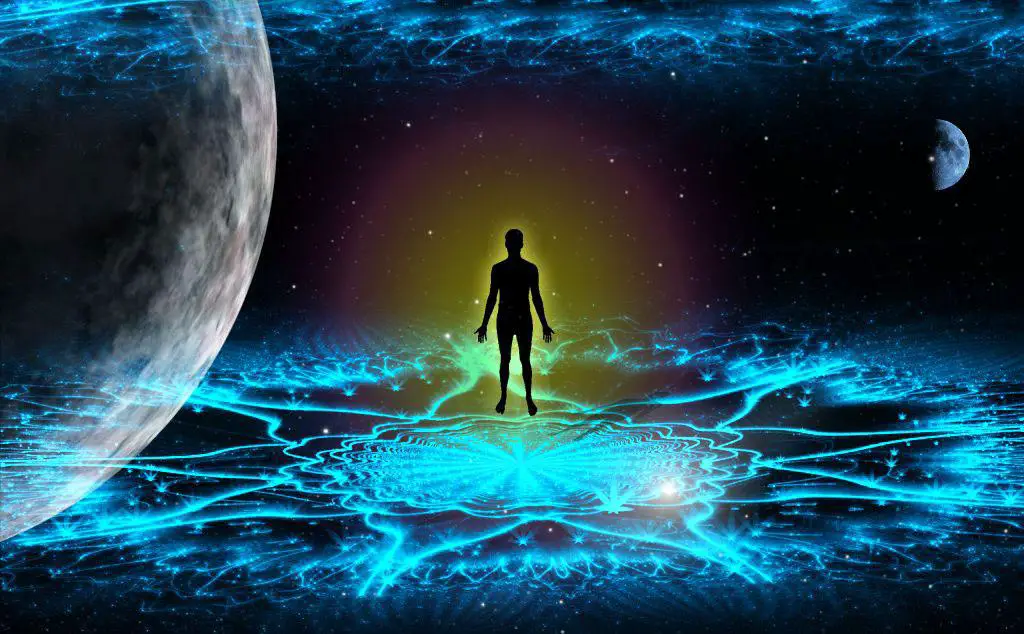
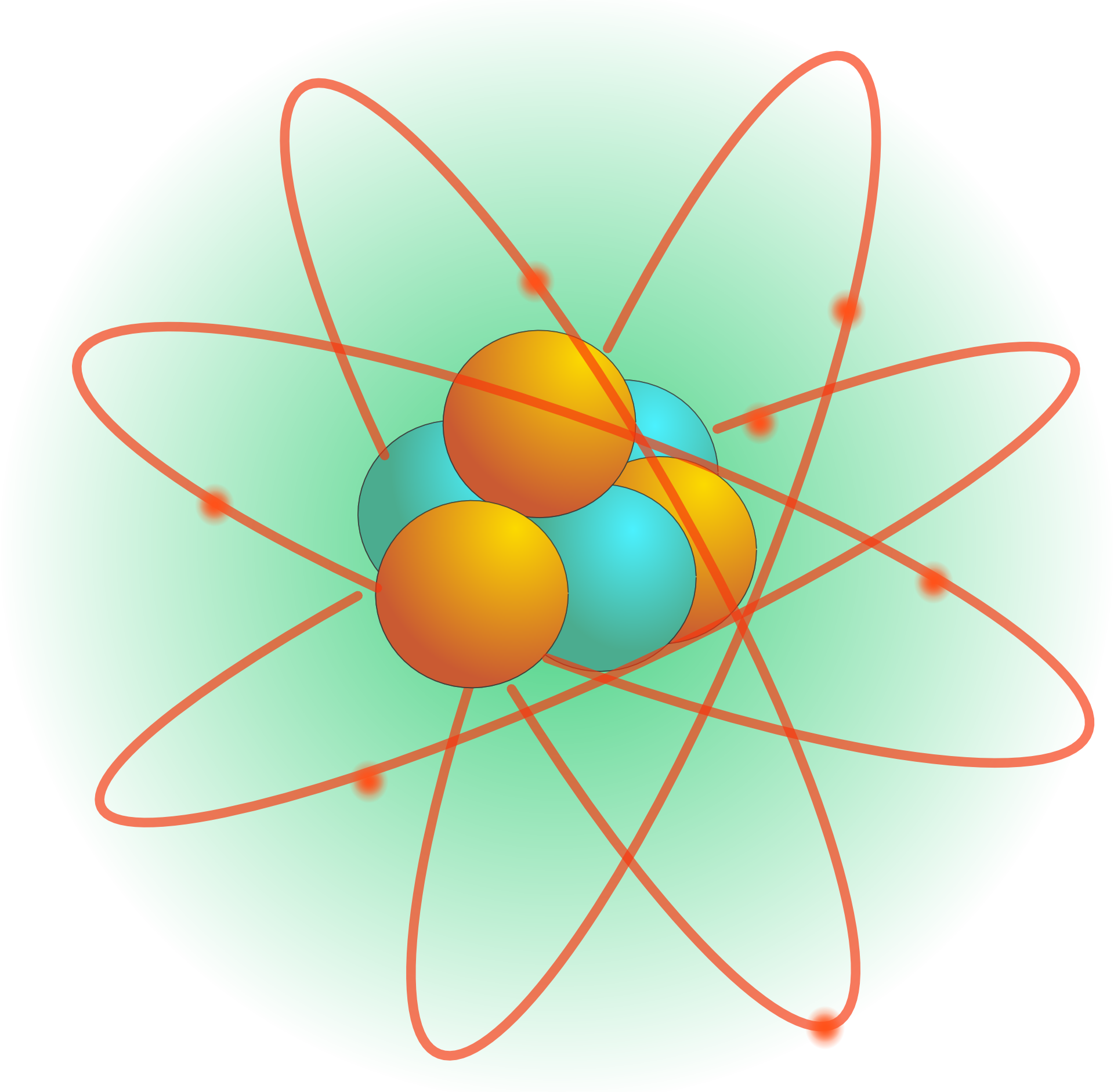
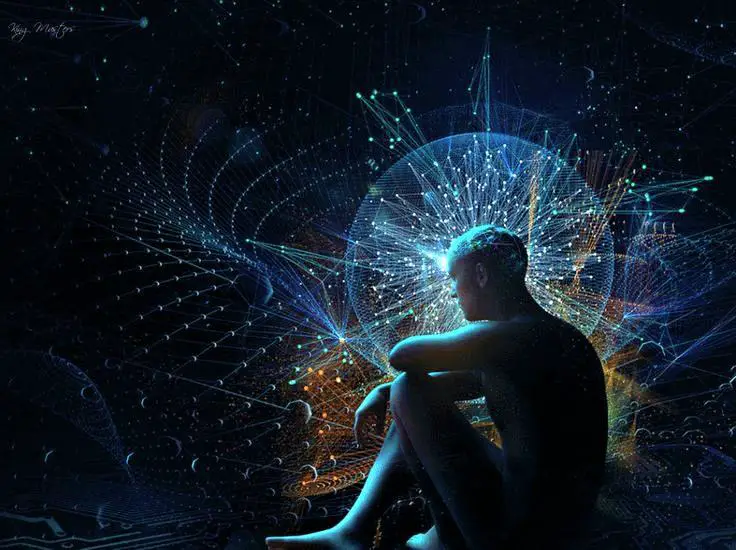
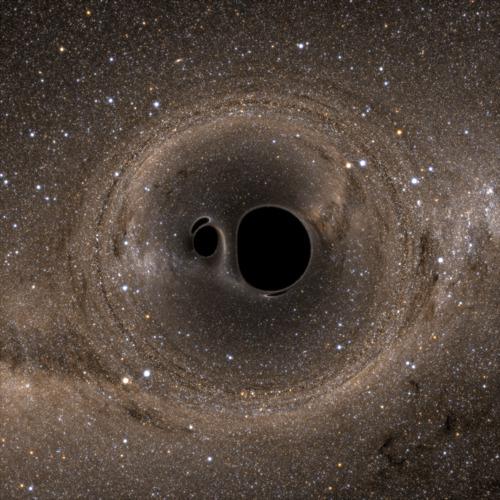
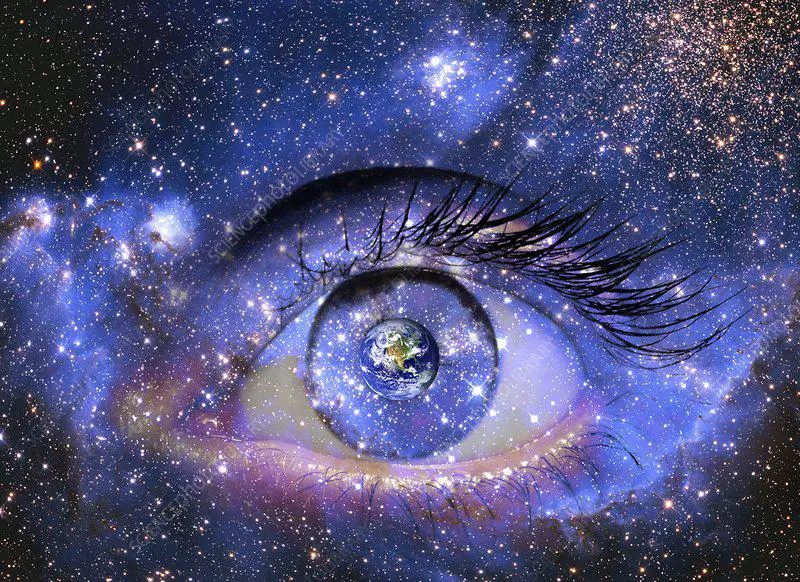
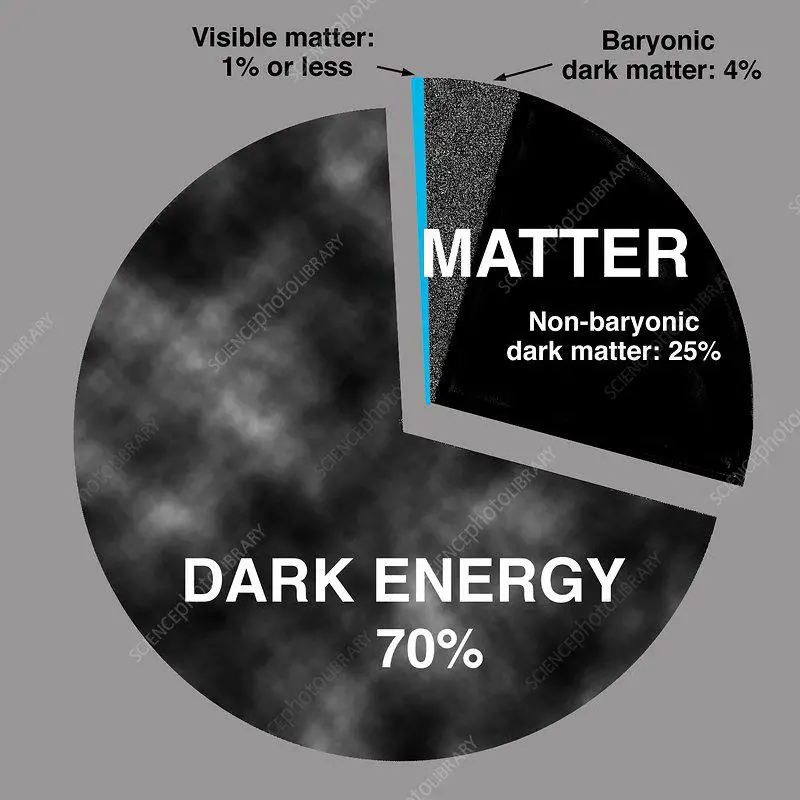
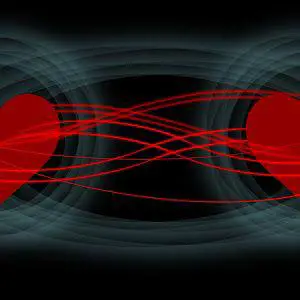

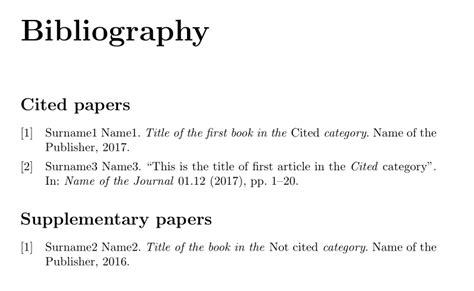
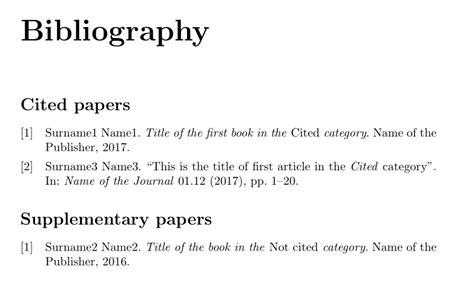
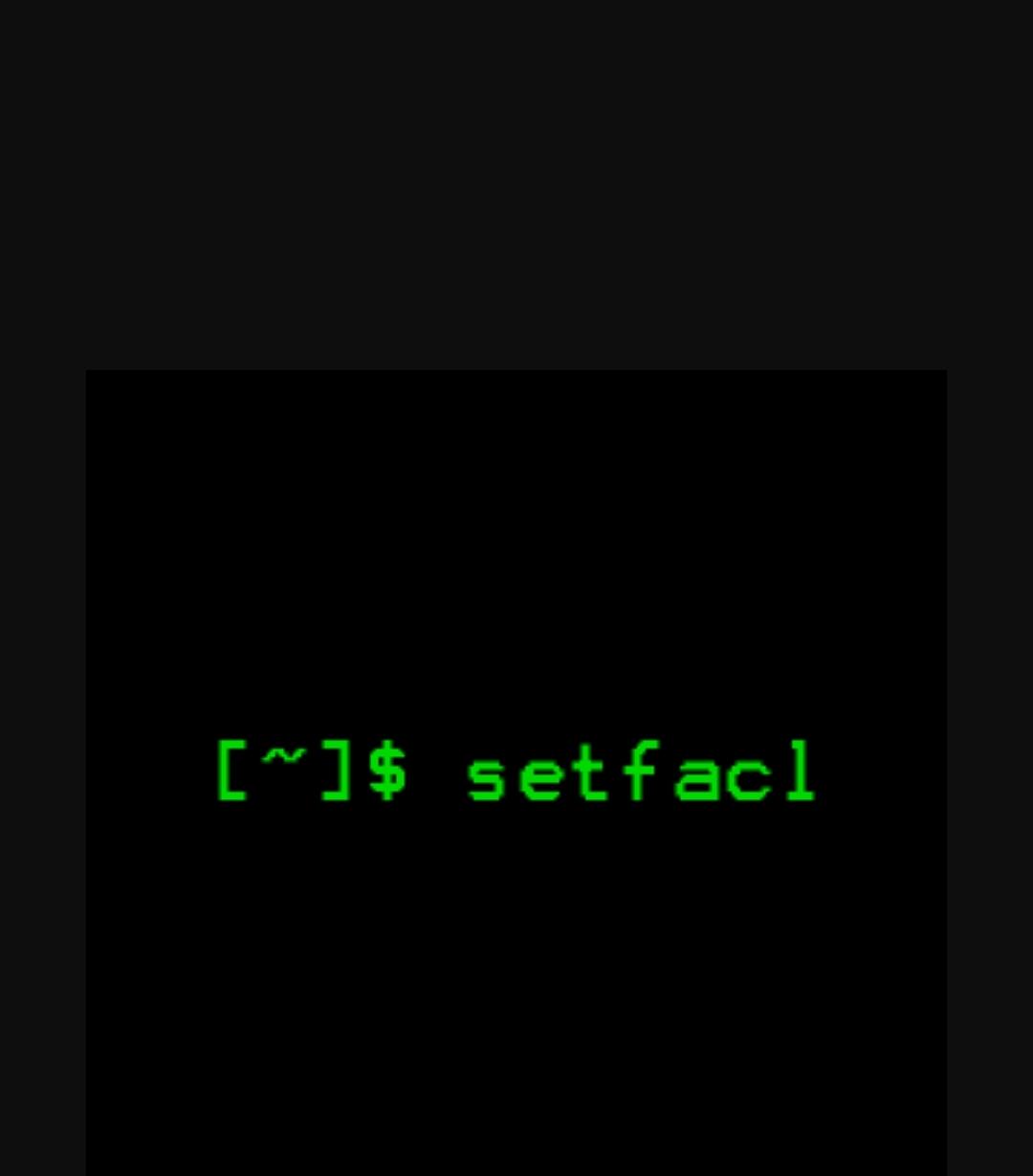











0 Comments, latest
No comments.